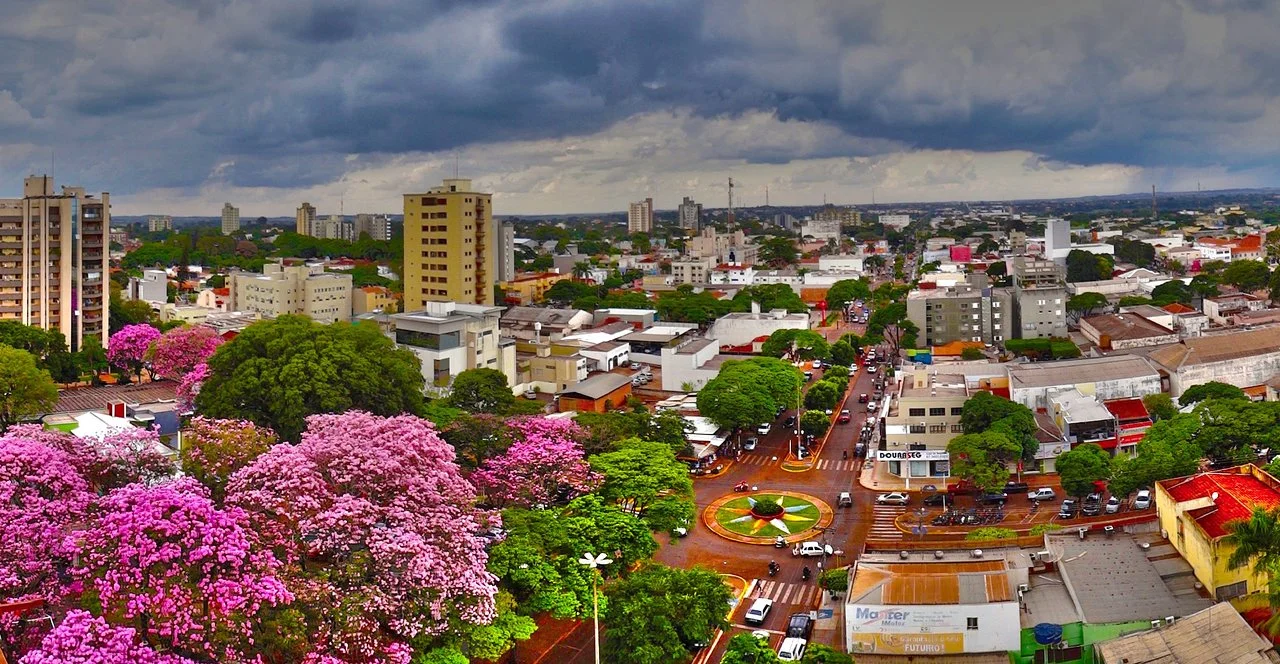The Brazilian city of Dourados kickstarted the nation’s first large-scale dengue vaccination on Wednesday, targeting 150,000 residents with Takeda’s QDENGA vaccine.
This move marks a significant step in battling the mosquito-borne illness that ranges from mild to potentially fatal.
Takeda’s QDENGA vaccine represents a significant advancement in the prevention of dengue fever, offering a new tool in combating this widespread tropical disease.
The city began administering the initial 90,000 doses, with a second dose scheduled for three months later.
Dengue’s impact in Brazil is notable, with a 15.8% increase in cases and a 5.4% rise in deaths in 2023.
Responding to this, the national health ministry included QDENGA in the public health system’s vaccination program, prioritizing regions most affected due to limited vaccine supply.

Brazil expects an additional 5.08 million doses within the year, enhancing its defense against the disease.
This initiative in Dourados reflects Brazil’s broader commitment to public health and preventative care.
It also underscores the importance of collaborative efforts between local governments and international pharmaceutical companies.
As the campaign advances, it will provide crucial data on the vaccine’s effectiveness and mass immunization logistics, shaping future public health strategies in Brazil and beyond.
Background – Dourados Leads Brazil’s Dengue Fight
2023 Brazil reported the highest number of dengue cases globally, reaching 2.9 million, according to the World Health Organization (WHO).
These cases form over half of the 5 million global total. Recently, the WHO highlighted dengue’s spread to previously unaffected countries.
Climate change is an important factor in this increase. It lets the Aedes aegypti mosquito, which spreads dengue, survive in new areas.
However, experts also cite urbanization and health infrastructure as key causes.
Globally, there have been over 5 million dengue infections and 5,000 deaths. Most of these, 80%, occurred in the Americas.
Brazil, Peru, and Mexico reported the highest numbers. In Brazil, 1,474 cases were severe. Countries like France, Italy, and Spain report local cases, too.
AdaptaBrasil, a climate monitoring platform, notes climate change’s role in dengue spread.
It also points out urban factors and standing water issues. The platform warns of increased Zika and chikungunya risks due to these changes.

